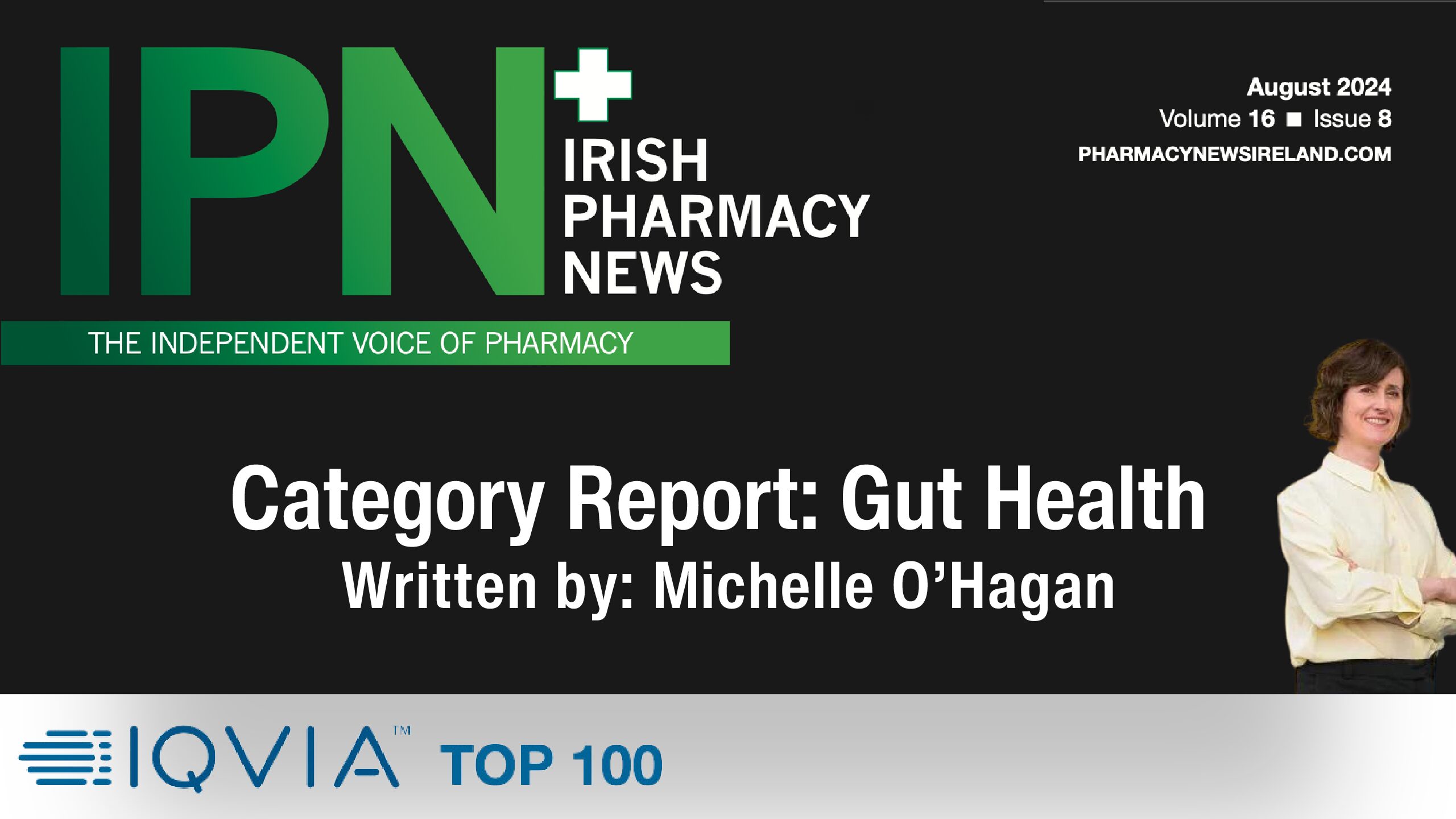A team of experts led by Professor Alice Stanton, School of Pharmacy and Biomolecular Sciences at RCSI University of Medicine and Health Sciences, has called on the Global Burden of Diseases, Injuries and Risk Factors Study (GBD) to make public the evidence which led to the conclusions of its most recent report that links red meat consumption to certain diseases.
In a letter published in The Lancet, the academics raise concerns about the substantial differences in estimates of disease burdens attributable to dietary risk factors, included in the GBD 2019 study by comparison with the previously published GBD 2017 study.
In writing the letter, the experts are seeking to emphasise the importance of making research data publically available so that guidelines and policies can be developed based on a full understanding of the evidence.
The letter states: “the 2019 estimates of deaths attributable to unprocessed red meat intake have increased 36-fold, and estimates of DALYs attributable to unprocessed red meat intake have increased 18-fold.”
DALYs are an internationally recognised measure of the impact of diseases on populations.
Based on these findings the GBD 2019 reported that red meat intake contributes to the causation of a range of diseases, including heart disease, breast cancer and stroke, in addition to diabetes and colon cancer.
It appears that the dramatic increase in the 2019 estimates is dependent on two assumptions: that the optimal intake of red meat is zero; and that risk rises sharply even with moderate consumption of red meat.
Commenting, Professor Stanton said: “It is of considerable concern that the GBD 2019 study provides little or no evidence regarding the scientific basis for the assumption that moderate consumption of red meat results in sharp increases in risk of cancers, heart attacks and strokes.”
Professor Stanton said that: “Given the substantial influence of GBD reports on worldwide nutritional policy decision-making, it is of considerable importance that the GBD estimates are subject to critical scrutiny, and that they continue to be rigorously and transparently evidence-based.
“If the current public health message advising moderate consumption of red meat as part of a healthy balanced diet is replaced by the message that any intake of red meat is harmful, childhood malnutrition, iron deficiency anaemia in women of child-bearing age, and elderly fragility will greatly increase.”
The letter, signed by Professor Alice Stanton, Frederic Lerory (Vrije Universiteit Brussel), Christopher Elliott (Queen’s University Belfast), Neil Mann (University of Melbourne), Patrick Wall (University College Dublin) and Stefaan De Smet (Ghent University), recommends that the GBD 2019 dietary risk estimates are not used in any national or international policy documents until comprehensive independent peer reviews have been conducted of the evidence underpinning the revised estimates.








